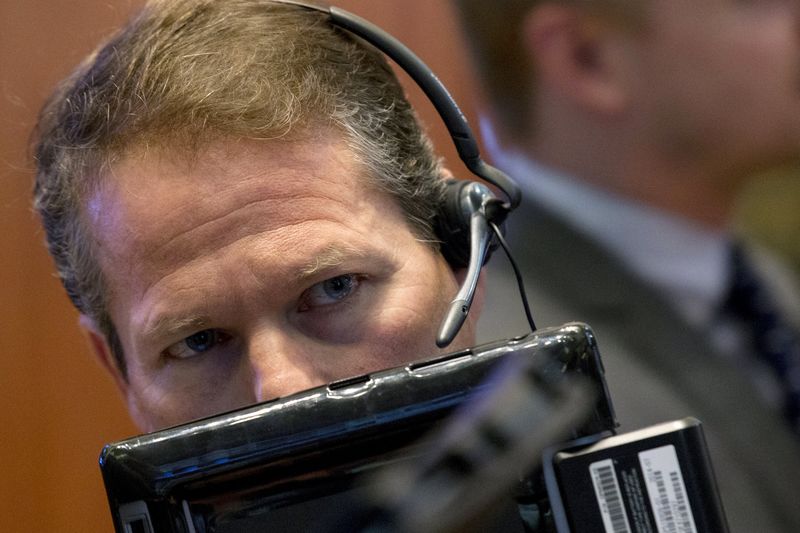* Growing middle class, lower export dependence support EM
* HSBC AM, Pinebridge like tech, China demand story
By Nichola Saminather
SINGAPORE, Dec 2 (Reuters) - Donald Trump's shock election victory last month triggered a sell-off in Asian shares on heightened fears of protectionism - but for some investors, the selling marks an opportunity to buy into the region's still compelling consumer story.
Asian emerging market stocks .MIMS00000PUS lost 5.5 percent in the week after the Nov. 8 election and have since only recovered 1.6 percent. In contrast, the U.S. Dow Jones Industrial average .DJI is now 4.7 percent above its pre-election close, thanks to bets U.S. president-elect Trump will increase fiscal spending.
While Asia's trade-oriented economies are seen as vulnerable to Trump's ostensibly protectionist proposals, investors say the fundamentals underpinning the region's large -- and increasingly affluent -- pool of consumers remain intact.
"Emerging markets have lower exposure to an export-driven model than is generally assumed," said Nannette Hechler-Fayd'herbe, head of investment strategy at Credit Suisse (SIX:CSGN).
"Many emerging markets have a consumer base that's growing, they have a demographic bonus of a young population ... and a middle class that is emerging."
Average earnings for the MSCI Asia ex-Japan index .MIAX00000PUS are forecast to grow 12.5 percent in 2017 from 2016, according to Thomson Reuters I/B/E/S.
The region's stocks, meanwhile, remain undervalued. The MSCI Asia ex-Japan index is trading at about 1.5 times book value, versus its 10-year average of 1.8 times. The S&P 500 .SPX is at 2.8 times book value, compared with its historical mean of 2.2 times.
TRUMP ERA CONSUMPTION
While Trump's election rhetoric has created deep uncertainty about the future of Asia-U.S. trade, HSBC Global Asset Management is focusing on the region's consumer demand.
"If you don't know policy, it's very hard in terms of reacting. We don't want to react to noise," said Sanjiv Duggal, head of Asia-Pacific and Indian equities at HSBC's asset management division.
"We're playing partly domestic consumption, but global consumption as well," said Duggal, who likes Korean cosmetic companies based on Chinese demand.
He also sees the region's technology companies as unsung global leaders.
South Korea's Samsung Electronics 005930.KS and Taiwan Semiconductor Co. 5425.TWO top the HSBC Asia ex-Japan fund, while Hong Kong-listed Texhong Textile Group 2678.HK and Dongbu Insurance 012030.KS in South Korea are among the biggest holdings in its smaller companies fund.
"There are very few firms that have the technology and scale, there's ongoing demand for their components and products, and they're very hard to replicate," he added.
Elizabeth Soon, portfolio manager for Asia ex-Japan equities at Pinebridge Investments, saw value among quality companies, including those with technological advantages and those benefiting from Chinese demand.
The biggest holdings of Soon's Asia ex-Japan small-cap fund are Australian DuluxGroup DLX.AX , with operations in China and Southeast Asia, and South Korean Mando Corp . 204320.KS , which is reportedly in talks to supply components for Tesla Motor's TSLA.O upcoming Model 3 car. all Asian stocks are bargains. Rising U.S. yields and a stronger dollar could hit countries with high external debt, such as Indonesia and Malaysia, said Francois Theret, Singapore-based chief investment officer at Emerise, an affiliate of Natixis Global Asset Management.
And Taiwan, where exporters make up almost two-thirds of the stock market, is among those most at risk from tougher U.S. trade policies. But Theret sees regional impact as limited.
"It will prove difficult for Trump's protectionist policies to be fully implemented, considering consumer-related goods imports account for about a quarter of the U.S. private sector consumption," he said.
